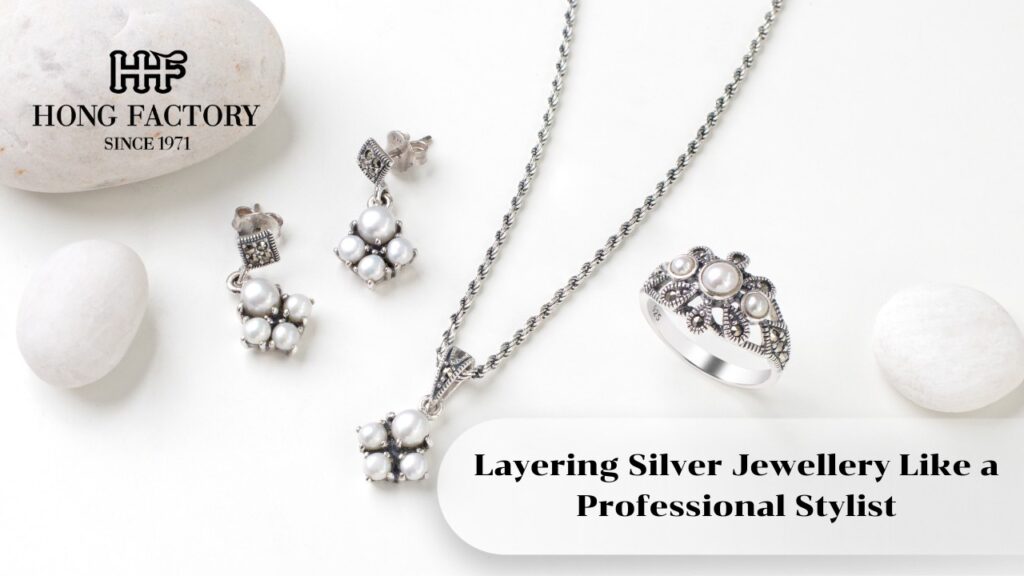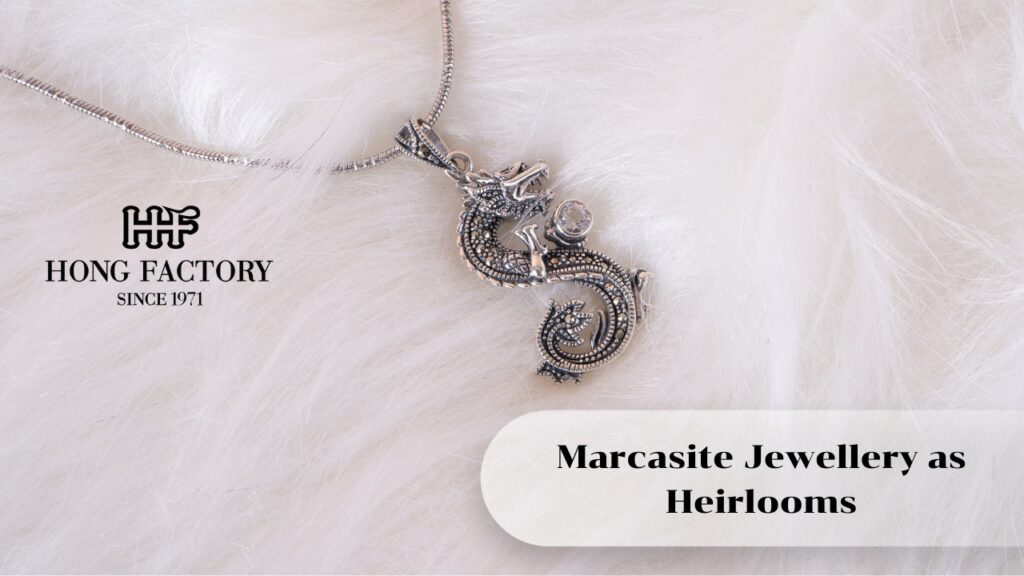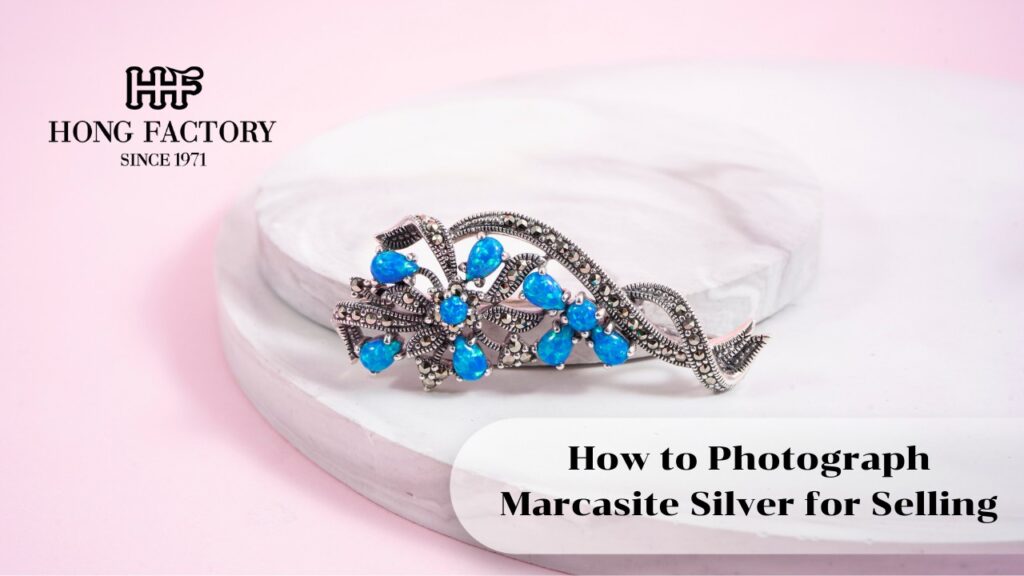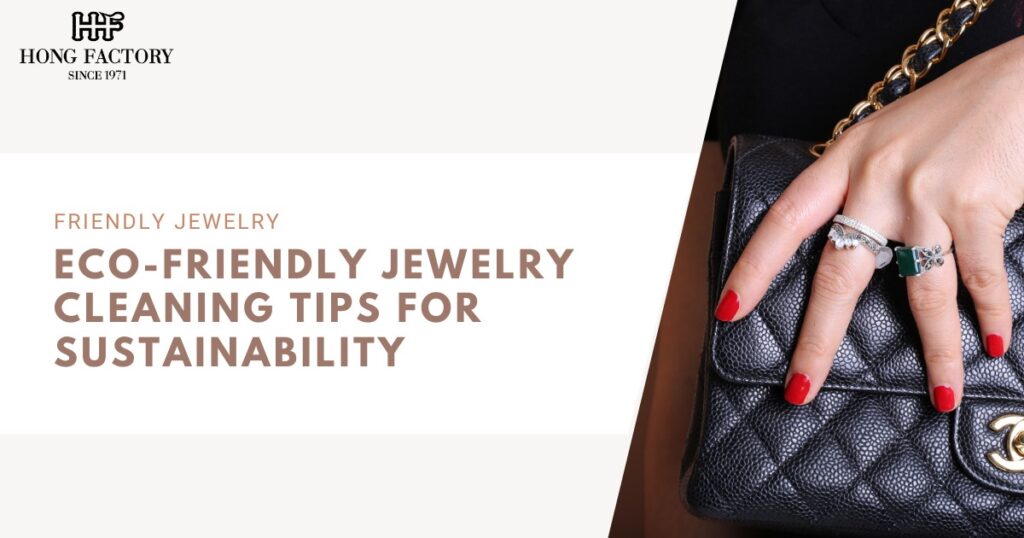
Eco-Friendly Jewelry Cleaning Tips for Sustainability
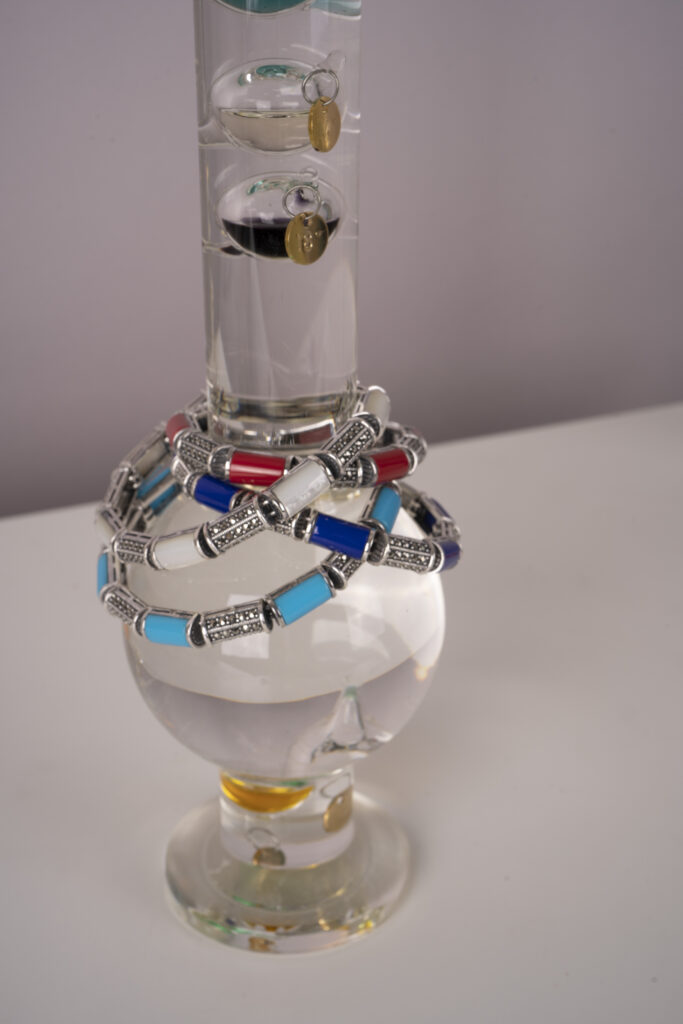
Keeping your jewelry clean and sparkling doesn’t have to involve harsh chemicals that can harm the environment. Many conventional jewelry cleaners contain toxic substances that contribute to pollution and can be harmful to your skin. Fortunately, there are sustainable, eco-friendly ways to maintain the beauty of your jewelry while reducing your environmental impact. Here’s how you can clean your jewelry responsibly with natural ingredients and sustainable practices.
1. Why Choose Eco-Friendly Jewelry Cleaning?
Environmental Impact of Conventional Cleaners
Many commercial jewelry cleaners contain ammonia, acids, and synthetic fragrances that:
- Pollute water sources when washed down the drain.
- Release toxic fumes that affect air quality.
- Contain non-biodegradable ingredients that contribute to long-term environmental damage.
Benefits of Eco-Friendly Cleaning
- Non-Toxic Ingredients: Safer for your health and the environment.
- Biodegradable & Sustainable: Reduces chemical waste and minimizes pollution.
- Cost-Effective: Many eco-friendly alternatives use household ingredients.
- Gentle on Jewelry: Prevents unnecessary wear and tear on delicate pieces.
2. General Eco-Friendly Jewelry Cleaning Tips
Regardless of the type of jewelry, always follow these sustainable cleaning guidelines:
- Use Natural Ingredients: Avoid synthetic chemicals and opt for plant-based solutions.
- Limit Water Usage: Rinse with minimal water to prevent waste.
- Choose Reusable Cleaning Cloths: Reduce waste by using microfiber or cotton cloths instead of disposable wipes.
- Store Jewelry Properly: Prevent tarnishing and dirt buildup by keeping jewelry in a dry, airtight container.

3. Eco-Friendly Cleaning Methods for Different Types of Jewelry
Gold & Platinum Jewelry
Gold and platinum are durable metals that require gentle cleaning.
DIY Natural Cleaner:
- Mix 1 cup of warm water with a few drops of mild dish soap (biodegradable, eco-friendly soap preferred).
- Soak jewelry for 5-10 minutes.
- Use a soft-bristled toothbrush or cloth to gently clean crevices.
- Rinse with minimal water and dry with a soft cotton cloth.
Silver Jewelry
Silver can tarnish over time, but harsh silver polishes contain chemicals that are harmful to the environment.
DIY Natural Silver Polish:
- Mix 2 tablespoons of baking soda with 1 tablespoon of water to create a paste.
- Apply the paste using a soft cloth and rub gently.
- Rinse with warm water and dry thoroughly.
- Store in a dry, airtight container to prevent further tarnishing.
Diamond & Gemstone Jewelry
While diamonds and gemstones are durable, certain stones (like opals and pearls) are more delicate and require extra care.
DIY Gemstone Cleaner:
- Mix 1 cup of warm water with ½ teaspoon of organic, mild soap.
- Soak jewelry for 5 minutes, then gently scrub with a soft toothbrush.
- Rinse under running water briefly and dry with a soft cloth.
- Avoid prolonged soaking for porous stones like emeralds or turquoise.
Pearls & Delicate Jewelry
Pearls are sensitive to moisture and chemicals, so they need extra-gentle cleaning.
DIY Pearl Cleaning Solution:
- Dampen a soft cloth with a mix of warm water and mild castile soap.
- Wipe each pearl carefully and avoid submerging in water.
- Let them air dry on a soft towel, away from direct sunlight.
- Store in a breathable fabric pouch to prevent drying out.
Copper & Brass Jewelry
These metals can oxidize and develop a green patina over time.
DIY Copper & Brass Cleaner:
- Cut a lemon in half and sprinkle it with coarse salt.
- Rub the lemon on the tarnished areas.
- Rinse quickly and dry immediately to prevent further oxidation.
- Buff with a reusable microfiber cloth for a polished finish.
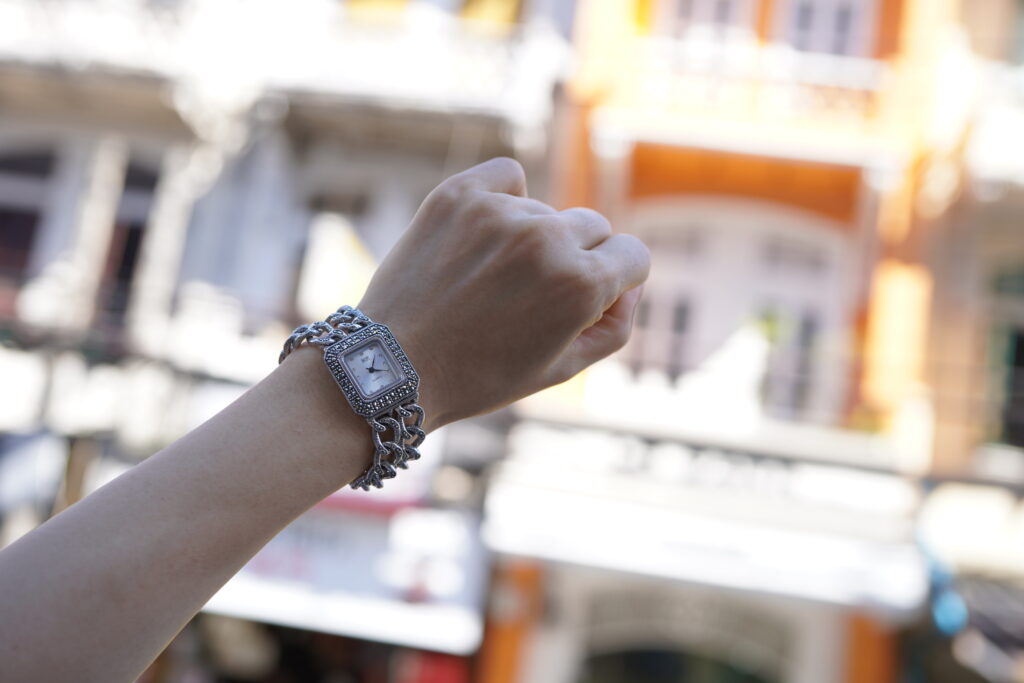
4. Sustainable Jewelry Cleaning Products
If you prefer ready-made cleaners, opt for brands that prioritize sustainability.
What to Look For:
- Non-Toxic & Biodegradable Ingredients – Avoid ammonia, chlorine, and synthetic fragrances.
- Refillable & Zero-Waste Packaging – Choose glass or recyclable packaging.
- Certified Eco-Friendly Brands – Look for cruelty-free and sustainability certifications.
Recommended Eco-Friendly Jewelry Cleaners:
- Seventh Generation Dish Soap – Plant-based, biodegradable, and gentle on jewelry.
- ECOS Jewelry Cleaner – Non-toxic formula in a recyclable bottle.
- Better Life Natural Cleaner – Free from harsh chemicals and safe for various metals.
5. Reducing Waste in Jewelry Maintenance
- Use Recycled Water: When rinsing jewelry, collect and reuse water for plants.
- Opt for Cloth Cleaning Over Disposable Wipes: Microfiber cloths can be washed and reused multiple times.
- Make Your Own Cleaning Solutions in Reusable Containers: Reduce plastic waste by storing DIY cleaners in glass jars.
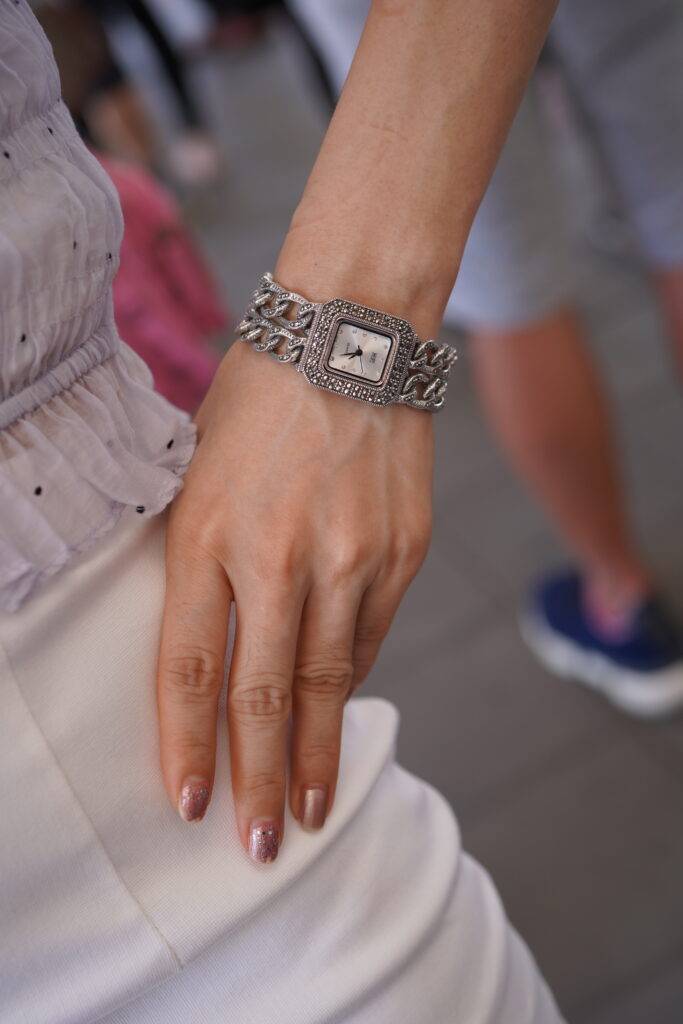
6. Proper Jewelry Storage to Reduce Frequent Cleaning
Proper storage minimizes dirt buildup and reduces the need for frequent cleaning.
Eco-Friendly Storage Tips:
- Use Sustainable Materials: Choose wooden, fabric-lined, or recycled storage boxes.
- Keep Jewelry Dry: Moisture leads to tarnishing, so store in an airtight container.
- Separate Different Metals: Prevent oxidation by storing silver separately from gold and copper.
- Avoid Plastic Bags: Opt for organic cotton or linen pouches.
7. Eco-Friendly Practices for Professional Jewelry Cleaning
If your jewelry requires deep cleaning, choose sustainable professional services.
What to Look For:
- Jewelers Who Use Non-Toxic Solutions.
- Shops Offering Ultrasonic Cleaning with Eco-Friendly Detergents.
- Businesses Using Energy-Efficient Cleaning Methods.
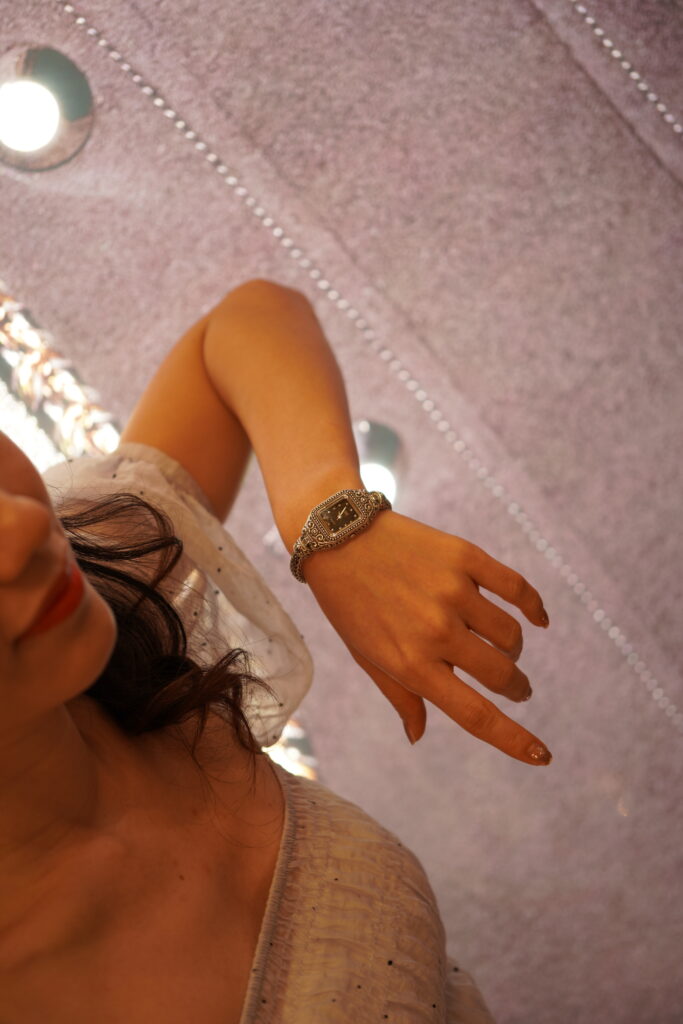
8. Long-Term Benefits of Sustainable Jewelry Cleaning
- Preserves Jewelry for Generations – Prevents damage caused by harsh chemicals.
- Supports a Healthier Environment – Reduces pollution and minimizes chemical waste.
- Encourages Sustainable Consumer Habits – Promotes awareness of responsible jewelry care.
Cleaning your jewelry doesn’t have to involve harmful chemicals that impact the environment. By using eco-friendly methods like baking soda pastes, lemon juice, and biodegradable soaps, you can keep your jewelry sparkling while promoting sustainability. Incorporating sustainable storage and maintenance practices ensures your pieces last longer and reduces unnecessary waste. Making small, eco-conscious choices in jewelry care can lead to a big impact on the environment.
